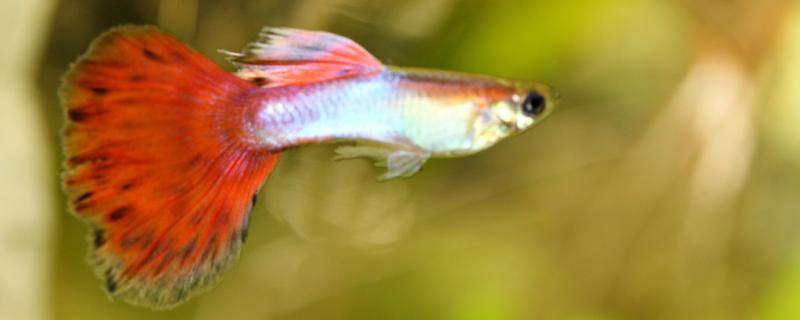 1. Performance of hypoxia in guppies
1. Performance of hypoxia in guppies When hypoxia in guppies is not very serious, their heads will float. Their bodies will form an angle of 45 ℃ with the water surface, and their heads will stick out, their mouths will open and close, and they will make a snapping sound. They have this situation because they want to breathe the air on the water surface and keep enough oxygen in their bodies.
If guppies are seriously deprived of oxygen, they will still move or turn over their bellies. The demand for oxygen in guppy is not high, and hypoxia generally does not occur under normal feeding.
2. The time for guppies to get oxygenIt is enough for guppies to get oxygen for 2-3 hours a day. As mentioned above, their demand for oxygen is not very high. As long as the feeding density is normal, and the water is changed regularly to keep the water quality clean, they will not suffer from hypoxia. Therefore, breeders can get enough oxygen by taking a small amount of oxygen every day.
After entering summer, guppies are prone to lack of oxygen. Because the temperature in summer is relatively high, and the metabolism of guppy will be accelerated, the oxygen consumption in water will be accelerated. After entering summer, breeders can take oxygen for 3-5 hours every day, so as to avoid lack of oxygen.